| Archibald (Archie) George William Dunningham was one of the founders of modern librarianship in New Zealand. He made bequests in his will enabling two grants for librarians to be established – the VUW Nora Bateson Award (applications close May 31st) and the LIANZA Edith Jessie Carnell Grant (applications open 2020). Dunningham was appointed Dunedin city librarian in 1933. A fellowship granted by the Carnegie Corporation of New York enabled him to study at the University of Michigan library school and to observe libraries in the United States. On his return, Dunningham developed a programme that made the public library a model for New Zealand librarians to follow. He had inherited a sound book collection from his predecessor, W. B. McEwan, and on this legacy he built a service based on the availability of the widest possible range of books, to which the citizens responded enthusiastically. |
In 1955 the NZLA had elected Dunningham as one of its first five fellows. Almost 30 years later G. T. Alley, his old friend and sparring partner, said of him, ‘one thinks of the very many good things he gave: his presence, his attractive personality, his very, very great contribution to library thought, library education’.
APPLY FOR THE VUW Nora Bateson Award NOW.
Content extracted from Te Ara (CC BY-NC 3.0 NZ).

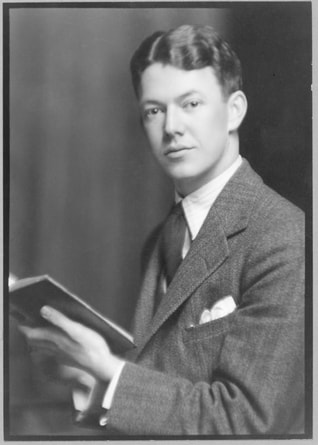
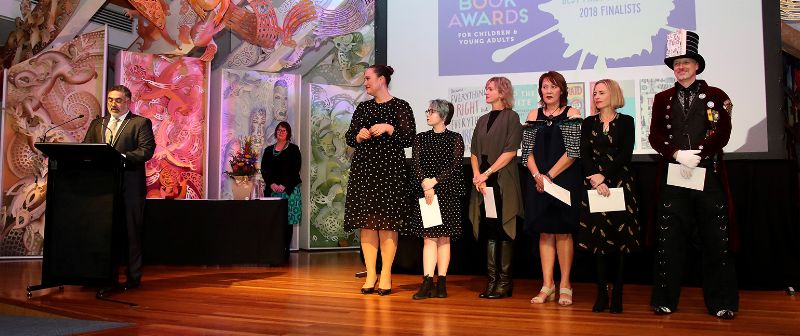
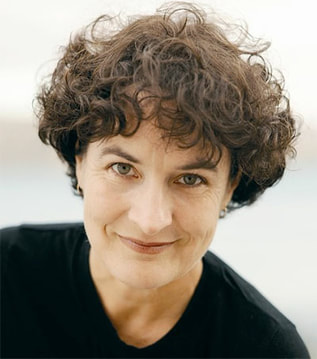
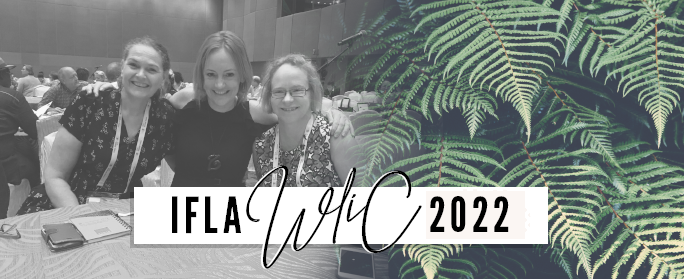

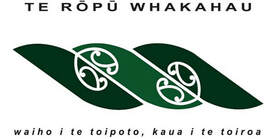

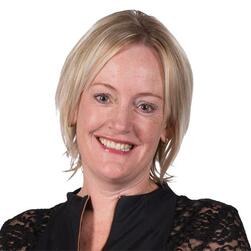
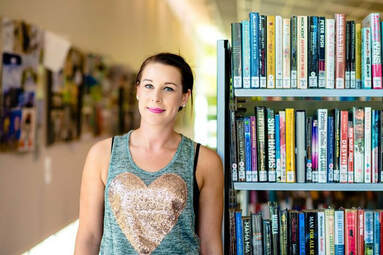
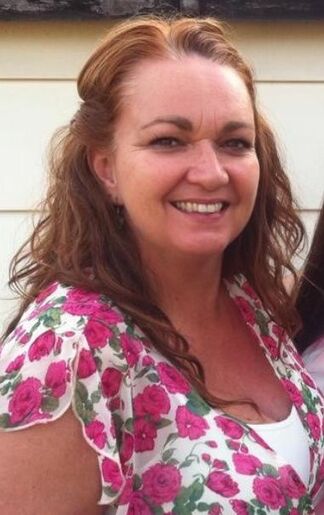
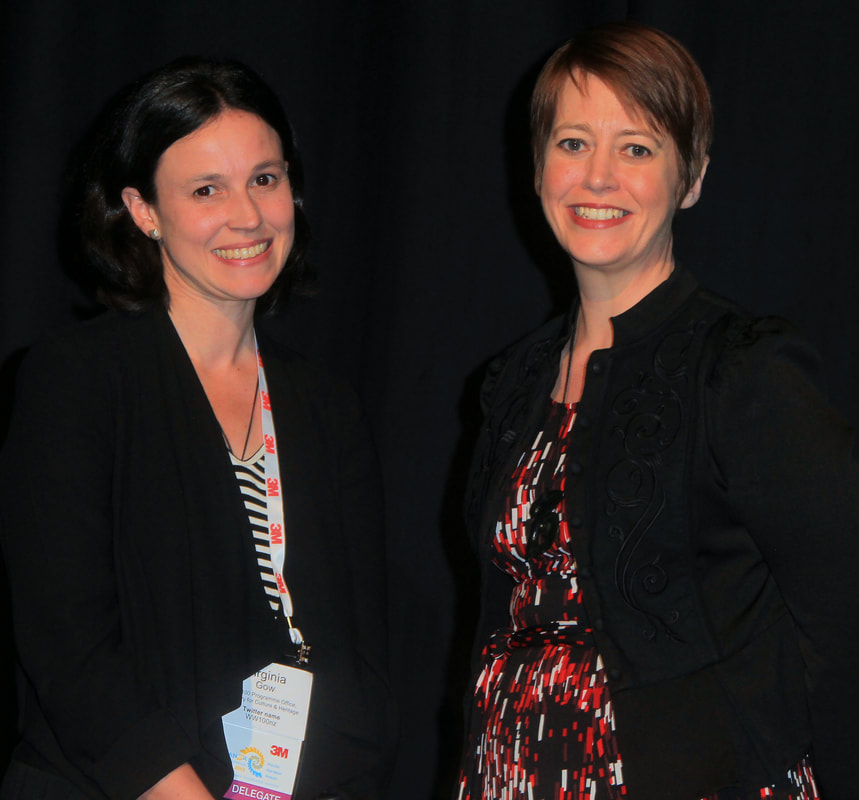
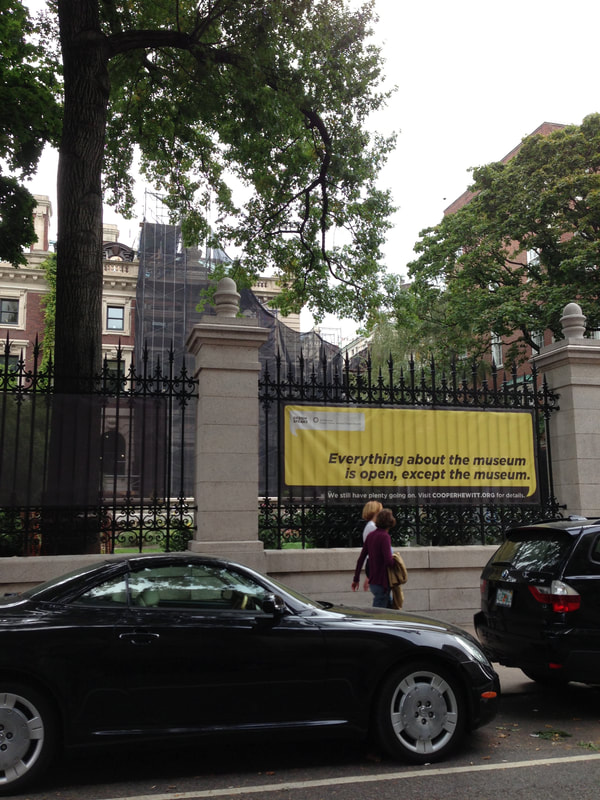
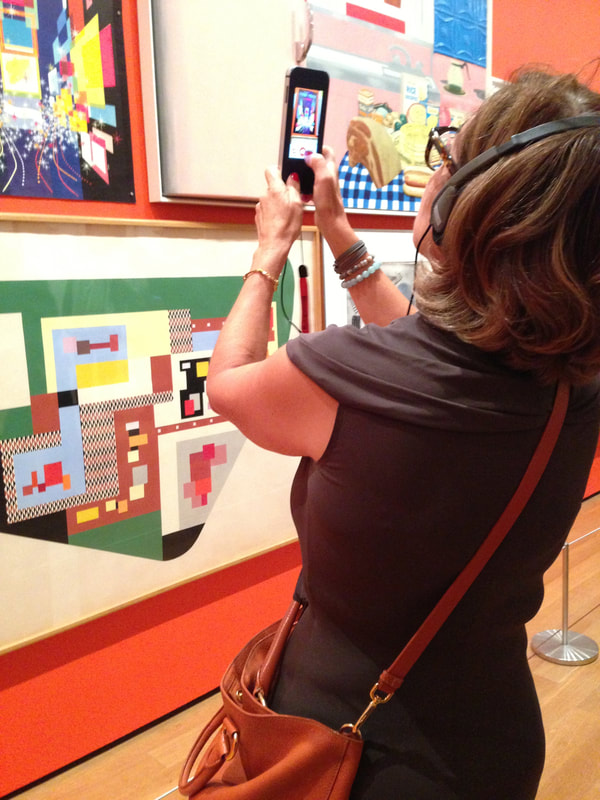
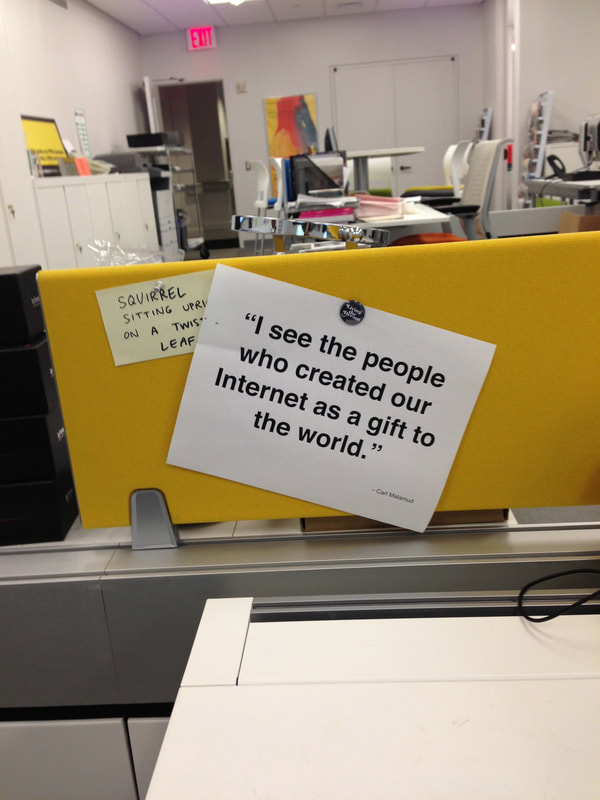
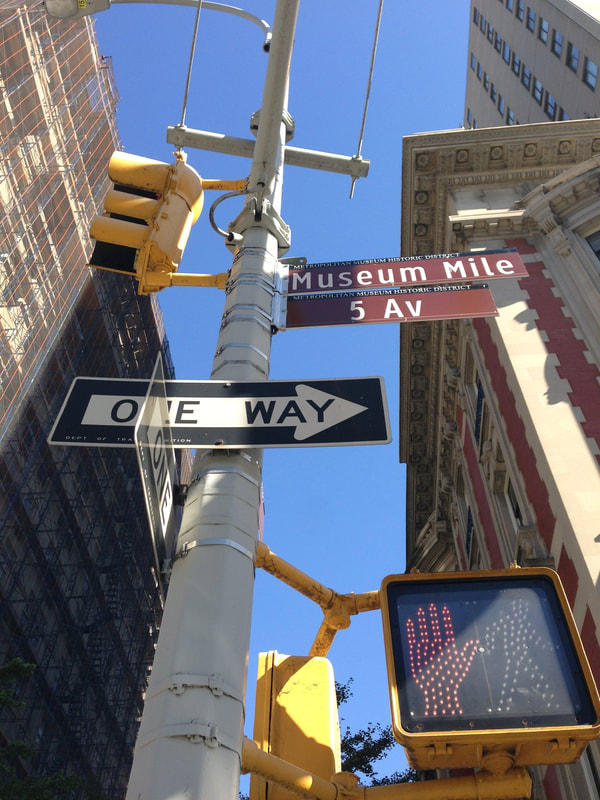
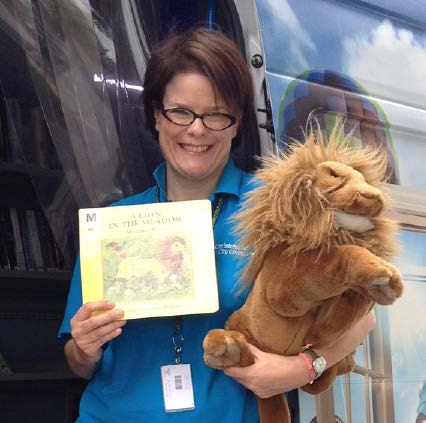

 RSS Feed
RSS Feed